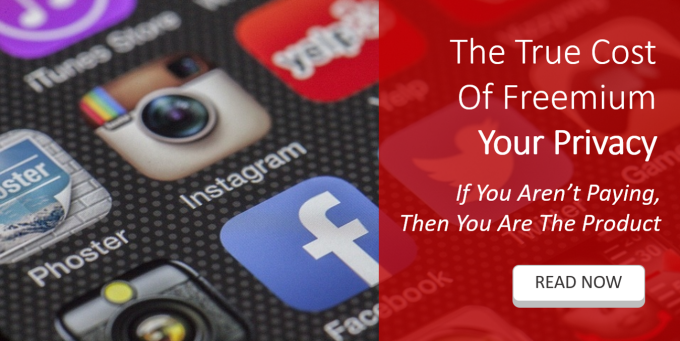
Internet Service Providers (ISP) are under scrutiny for mass-collecting web browsing data. The fear is that this personal data would be sold to advertisers.
To keep your web browsing experience secure, you will need to use a Virtual Private Network (VPN) Service.
What Does a VPN Service Do?
A VPN is a secure and encrypted connection via your internet between you and a private server. When you send data it appears from the private server and not your own computer. This connection prevents modification and spying on your web traffic by your ISP. Without a VPN connection, your ISP can directly view your data.The VPN does obscure what you’re doing online but it does not make your browsing activity anonymous. A VPN Provider can see your traffic, and provide this data to whomever they choose.
Not All VPNs Are the Same
There are many VPN Services, and they are not under the regulations that ISPs must abide by. Choosing a reputable VPN service is a difficult decision to make. Many VPN Providers have security flaws that could put your data at risk. There are other shady VPNs that go so far as to sell your browsing data. The best VPN provider is one that is customizable according your personal and organizational needs.
How to Choose a VPN
When choosing a VPN, be wary of free services. A free service means that they must be using another means to make money off of you. Selling your data or sending advertisements are common ways free VPNs make money. These breaches of privacy defeat the original purpose of a VPN.
When choosing from a paid VPN service, make sure to look over their privacy policy. It is also important to see if they protect you against the threats you are most worried about. If your concern is ISPs collecting information about you, this is a great solution. VPN Services will not protect data from government tracking or a sophisticated hack. When making use of a VPN your browsing history is difficult to view, so ISPs cannot sell it to advertisers.
The best VPN will protect you from malware on public networks as well as encrypt your data. If you use VPN on the go make sure they don’t use a single pre-shared key. Whoever controls the Wi-Fi network could use a pre-shared key to decrypt the web traffic.

Crossroads expert cybersecurity experts will have custom recommendations upon your unique VPN needs. To learn more about what the best VPN is for you, contact us.


